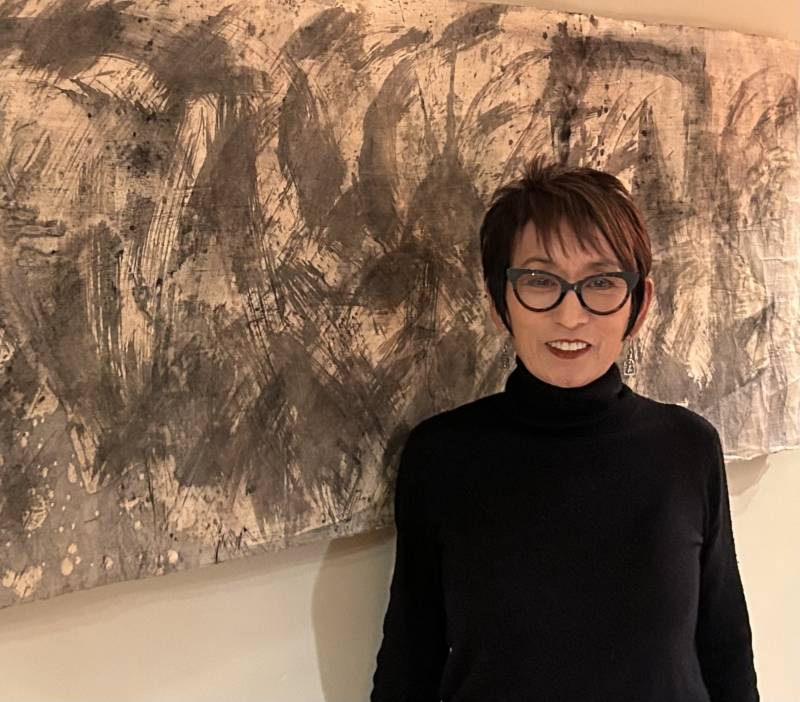Carole Henmi reflects on the U.S. executive order that authorized the internment of Japanese Americans and how it impacted her family.
The lives of my parents and grandparents were changed forever during this week, 83 years ago, along with the lives of more than 100,000 Japanese Americans. It was on February 19, 1942, that President Franklin Delano Roosevelt signed Executive Order 9066. The order came a short time after the U.S. entered World War II and authorized the internment of U.S. citizens of Japanese descent living on the West Coast.
As a result of this wartime hysteria, my parents went from youthful, promising lives of jobs and college in San Francisco and Fresno, to being incarcerated behind barbed wire. My grandparents lost everything: homes, businesses, beloved pets. Perhaps most painful was the invisible loss of their dignity as they went from proud Americans to imprisoned, suspected enemies of the state. It took until 1988, with the Civil Liberties Act, for Congress to acknowledge that Executive Order 9066 had been a “grave injustice” to the Japanese American citizens who were stripped of their constitutional rights.
I grew up in St. Louis as a result of the diaspora created when my parents and others were released from the internment camps to rebuild their lives farther inland. My parents worked hard to “fit in” and be model citizens. I desperately did, too, but always felt secretly ashamed for being the only Asian American in my school. My parents never spoke of the internment. Still, the invisible cloak of repressed shame and grief hung in the closet of our home.
After college, I answered my heart’s call and moved to California, returning to the place where my parents’ lives were so abruptly and irreparably changed. I’ve long embraced the Bay Area as my true home and feel it allowed my life to come full circle. But I can never forget how the signing of Executive Order 9066 created a deep scar that still exists within me and multiple generations of Japanese Americans. This week, I will honor my parents’ and grandparents’ sacrifices. And if my tears start to flow, I’ll remind myself not to be ashamed.
